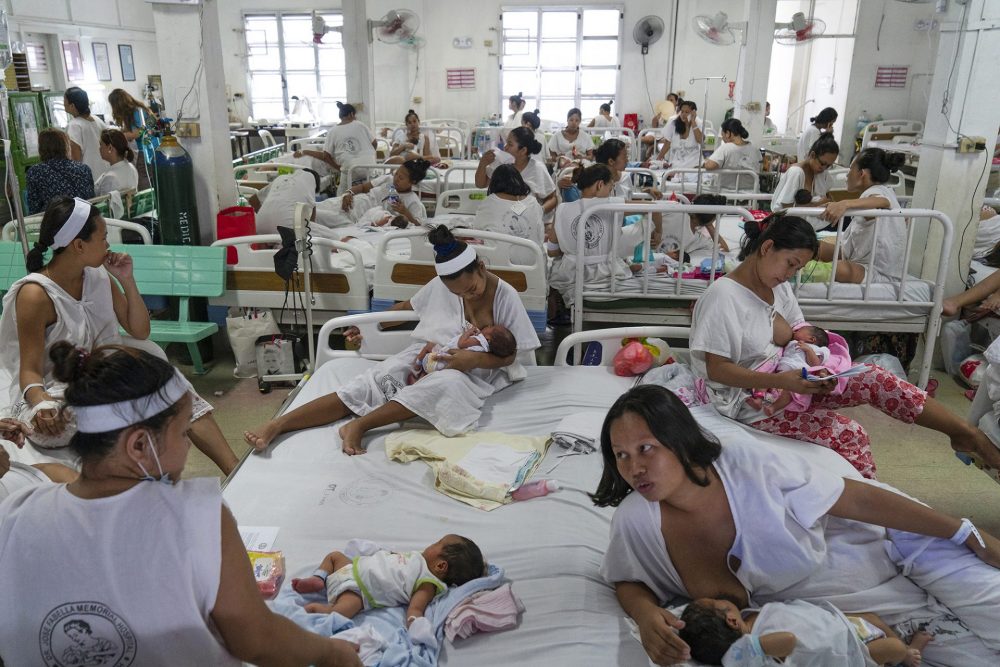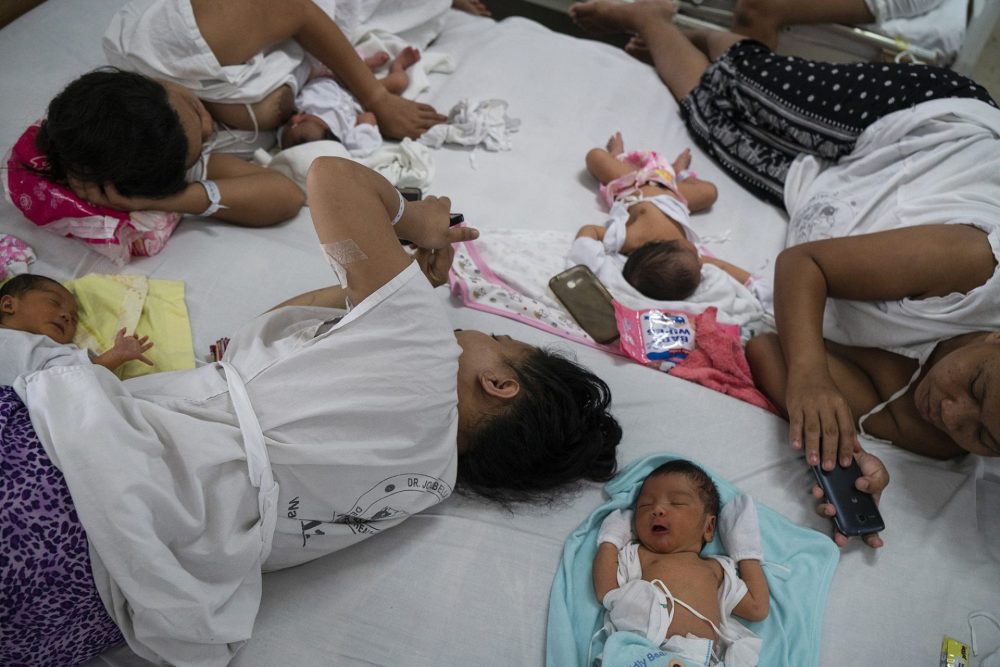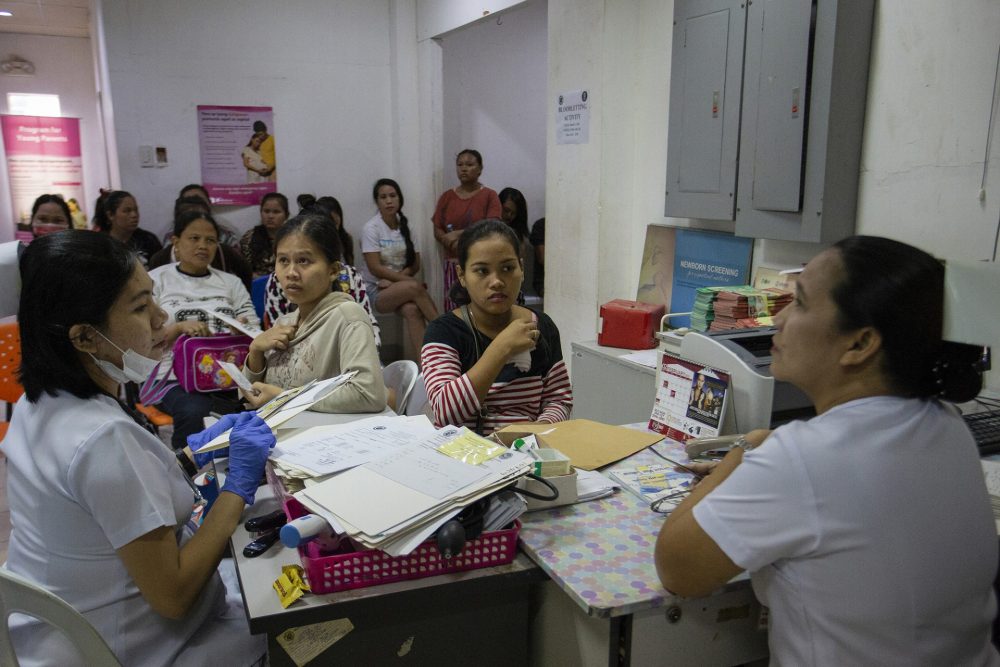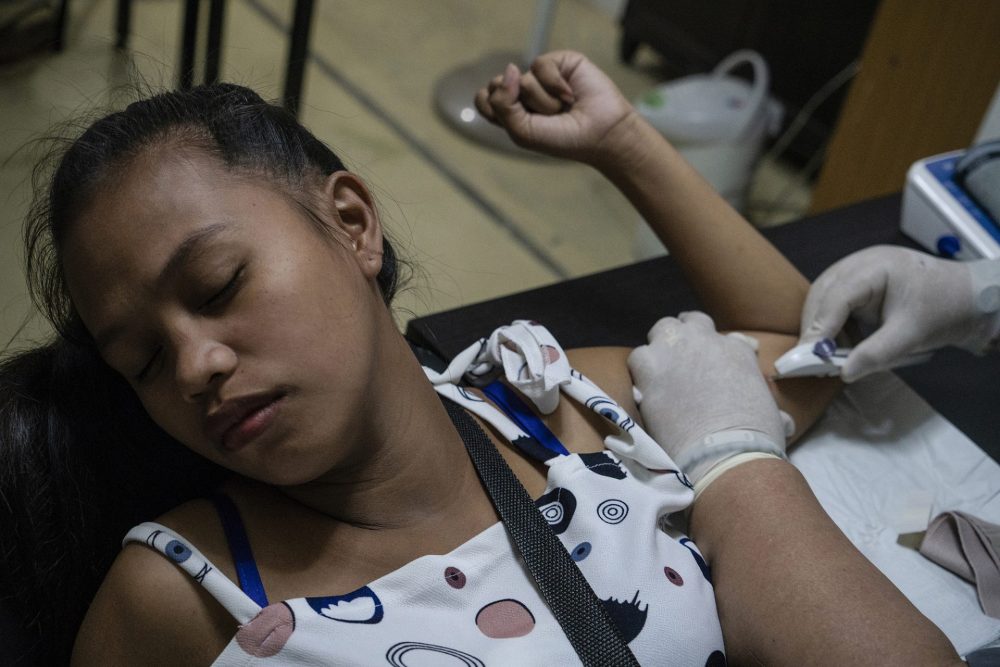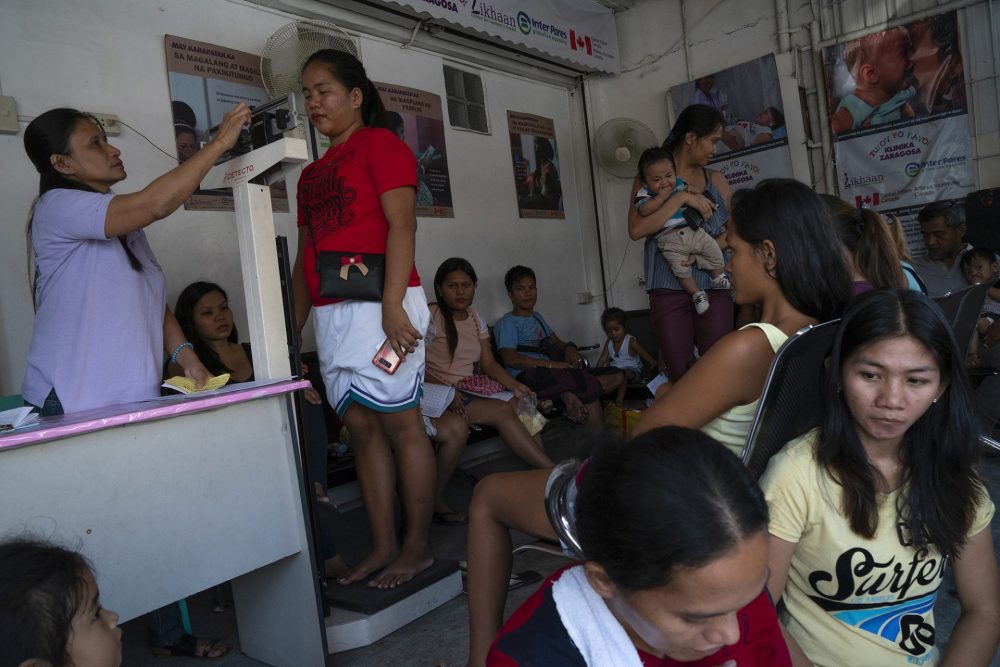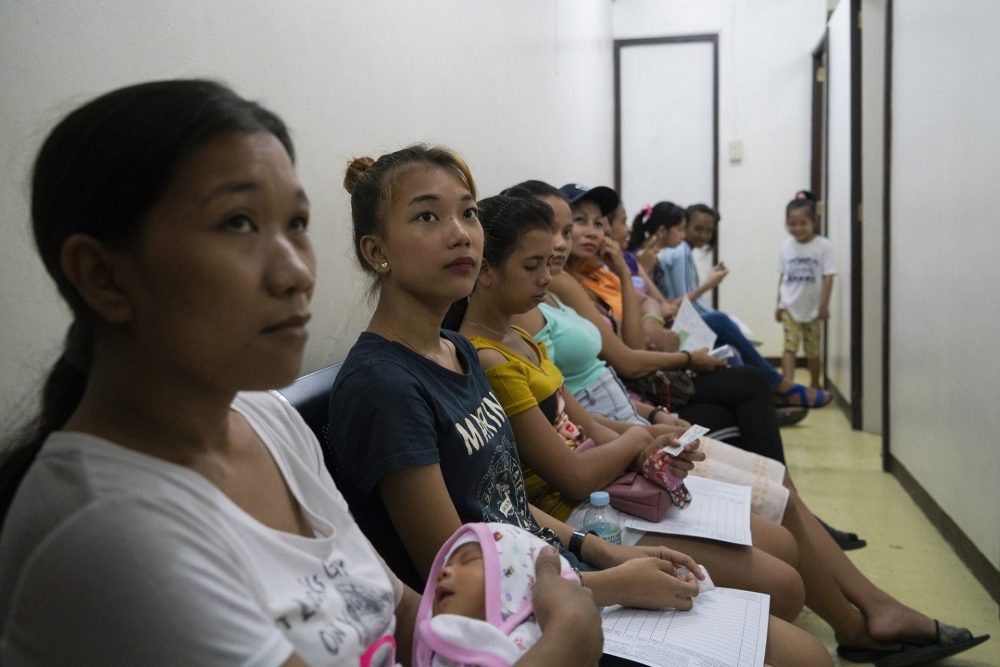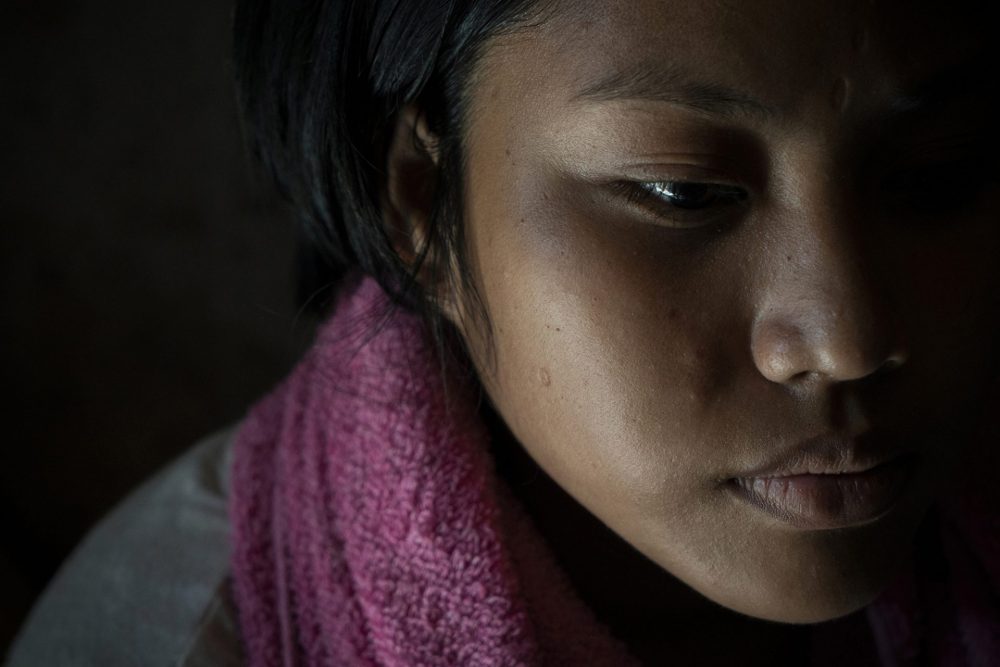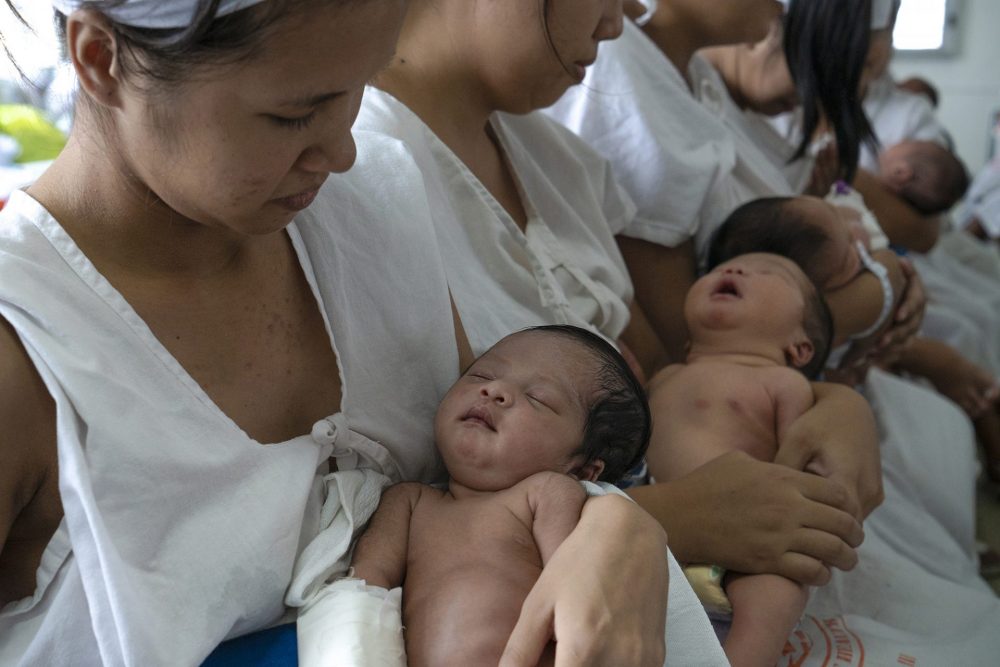Calypso
Kimberly dela Cruz
2018 — Manila, Philippines
About this series
Reproductive rights in the Philippines is a controversial topic. A predominantly Catholic country, there’s still a lack of understanding of modern contraceptive methods resulting in many unplanned pregnancies. Fabella Hospital in Manila bears witness to that, delivering around 60 babies a day.
Even with the Reproductive Health Act, access to modern contraception is still limited. Women travel for hours to reach clinics that could provide them pills, condoms, and other birth control devices. Abortion is illegal and women are forced to gamble their lives in backdoor abortion clinics. Some are left bleeding for days and afraid of seeking medical help.
Photographer: Kimberly dela Cruz
Nationality: Filipino
Based in: Manila, Philippines
Website: www.kimberlydelacruz.com
Instagram: @kimiisstellar
Kimberly dela Cruz is a photographer and journalist based in the Philippines.
While studying Journalism, she started photographing student protests and later joined Philippine Daily Inquirer, a local broadsheet, as a photo correspondent. Dela Cruz left the paper in 2017 to pursue other projects and freelance for different publications.
In 2018, she became a fellow for the International Women’s Media Foundation and was sent to cover migration, LGBTQI and women’s issues in El Salvador.
She has been covering the war on drugs since July 2016 and co-produced “Si Kian”, a children’s book on the murder of Kian Delos Santos that won a National Children’s Book Award. Her work has appeared in The Washington Post, The Guardian, Time, Al Jazeera, Buzzfeed News, The Irish Times, Nikkei Asian Review, Philippine Daily Inquirerand in exhibits across the globe.


